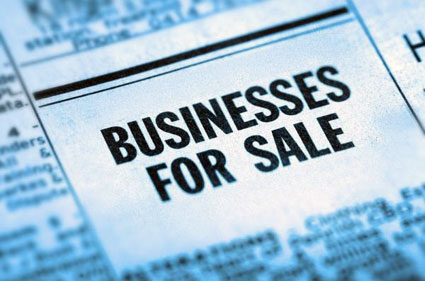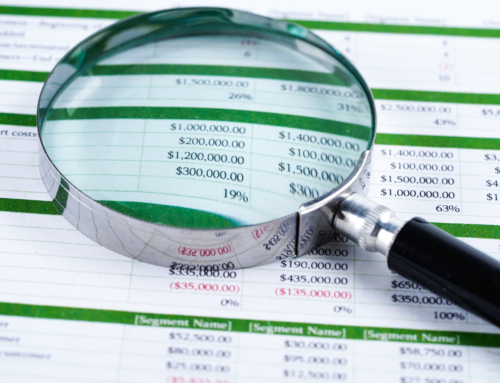As you spend your career living for your business, you should be mindful of the value of your business. The use of a business valuation is not limited to determining an asking price. We’re suggesting every business owner should be aware of the value of their business for many more reasons. We want to explore just a few of those other reasons with you.
Up until now, most small business owners use real estate, business assets, or personal assets as collateral. Going forward, SBA-backed business loans in excess of $250,000 will be, or we should say, as implementation sets in, lenders will require a valuation by an accredited business valuator like a CVA. Renewals of old SBA-based loans in excess of $250,000 will require a valuation as well. Knowing the value of your business months in advance will help you plan ahead for your financial needs and help avoid a surprising delay in your loan process or maybe even a denial. The last thing you want is to have a delay in your financing application. We all know time is money, and when your business is growing you don’t want a financing delay. Customer and vendor skepticism will grow if you’re late to market because of funding problems. Let a CVA shed some light on your business valuation position before you move forward.
Succession Planning
Succession planning is another reason to know the value of your business. As owners’ children grow up, they often take interest in the family business. Do you want to gift shares of the company every year and deal with the gift tax consequences if those gifts exceed $15,000? How would you even know what the gift is worth without a valuation? Do you want to sell the kid’s shares periodically? This leads to a taxable income situation, and how would you determine what the sale price should be without a valuation? Do you want to leave the business to them in your will? Estates valued over $11.7MM in 2021 are subject to estate tax, so do you know if you’re over that threshold? Do you want to donate any of your business to charity? Gifts of company stock over $5000 estimated value must be calculated in a valuation for IRS scrutiny. Ask us what we can do to help you avoid the unfortunate consequences of missteps with your business.
Selling Your Business
Obviously, if you want to sell your business to a third party, you’ll want to know what it’s worth. Many businesses are sold with inadequate background work to differentiate your business value from other similar business sale prices. Having similar revenues or net earnings doesn’t make them entirely comparable as a transaction-motivated advisor would have you believe. These differences equate to significant value adjustments. Getting you a sale price for an additional $100,000 means a lot to you, but does your advisor have any interest in waiting 12 months just to make ½ of an extra 6%? Keep this in mind, a valuation is designed to compute a value. Whether you like it or not, at least you know the truth.
Getting the Help You Need
A good CVA can give you an honest assessment of your business before you need to know. Your business value can change drastically from one year to the next. Market conditions are constantly changing, and your business value can rise and fall due to reasons you may not even be aware affect you.
Talk to an Abacus CPAs professional today about your business and financial goals. We’ll provide you with better guidance so you can make smarter decisions.
Abacus CPAs LLC has a great team of business, tax, and accounting professionals to help you make better decisions, if you are interested and want to hear more about business valuations, please call 417-823-7171, or visit our website at www.abacuscpas.com and we are here to serve you and your business.
At Abacus™ CPAs, our focus is you! We believe that our employees and clients deserve to interact in an environment that fosters growth, trust, and confidence. Abacus™ professionals provide leadership by relentlessly pursuing the best guidance possible so those we serve can make smarter decisions.










